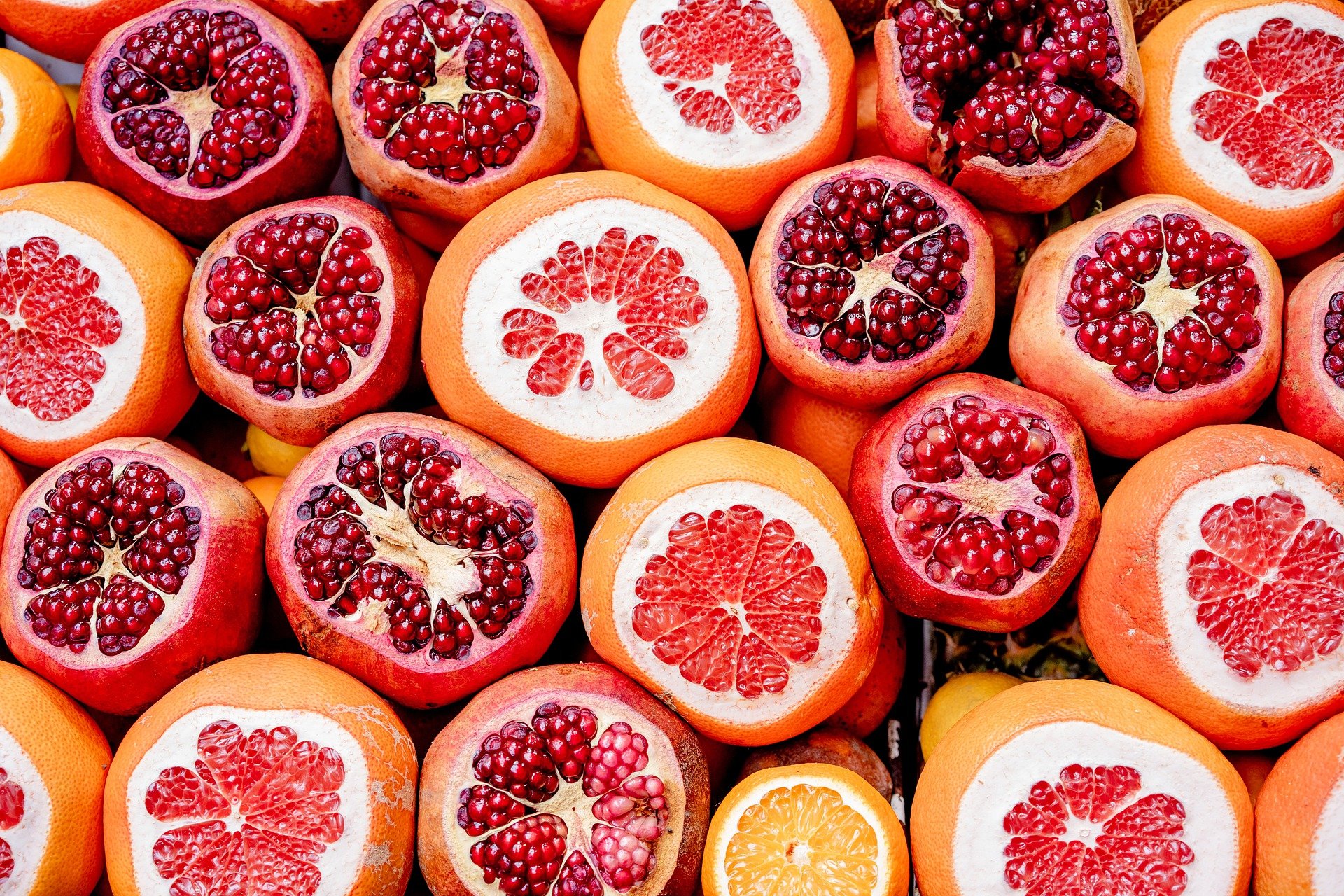Vitamins are essential for our health. They help us fight diseases, keep our skin and hair healthy, and provide energy. Unfortunately, many people lack vitamins because they don’t know how to get them or why they are important. This blog post is for anyone who has wondered what you need to know about vitamins! It shows the importance of vitamins in the human body, as well as several ways in which we can provide them to our diet every day.
1. Vitamin A is a powerful antioxidant that helps maintain the health of your teeth, eyes and skin
It can also help prevent cancer! Vitamin A also plays an important role in supporting our immune system
This vitamin comes from foods like liver, dairy products including cheese and yoghurt, dark leafy greens, spinach, carrots, and apricots.
2. Vitamin D is just as important! It helps maintain healthy bones by regulating the level of calcium in the body
It also supports your immune system, heart health, and mood balance. You can get vitamin D from whole grains, fatty fish such as tuna and salmon, beef liver, or egg yolks.
This vitamin is also known as the “sun vitamin” because it is what our body uses to produce vitamin D when exposed to sunlight.
3. Vitamin B12 is a water-soluble vitamin that helps regulate metabolism and keeps our nervous system healthy
It is essential for cell growth, DNA and RNA production, as well as for the formation of red blood cells. Vitamin B12 can be found in animal products such as fish, meat, poultry and dairy products, so it’s important to include these foods regularly in your diet.
In addition to taking it regularly in your diet, you can also consider taking supplements.
4. Vitamin C is known to be the best natural immune system booster. It is also an antioxidant that helps protect cells from damage
You’ll find it in citrus fruits like limes and oranges, berries like strawberries and blueberries, green vegetables like kale and broccoli, tomatoes and sweet peppers.
5. Iron is a mineral necessary for the proper functioning of our bodies. It helps to move oxygen throughout the body
Iron deficiency is one of the most common nutrient deficiencies in developed countries
If you are deficient in it, you may feel tired or short of breath. To avoid iron deficiency anemia, eat foods like red meat, green leafy vegetables, and eggs – they all contain heme iron, which your body can absorb more easily than the non-heme iron found in plants.
You should also talk to your doctor about taking supplements if that’s anything that might be of benefit to you!
6. Omega-3 fatty acids (fish oil) is a healthy fat that helps reduce inflammation and supports brain function.
They have been linked to improved heart health, mood balance, skin health, and even help with conditions like depression.
There are two types of omega-three fatty acids: EPA (eicosapentaenoic acid), which is found in fish oils from cold-water fish such as salmon and mackerel; DHA (docosahexaenoic acid), which is found in oily fish. We can also find them in nuts, seeds and vegetable oils. When choosing a supplement, make sure you choose one that has been independently tested for contaminants!
7. Calcium and magnesium are two minerals that work together to support bone health and muscle function.
Calcium supports strong bones, teeth and nails. Magnesium also works with calcium, but it’s important for healthy muscles and nerves! You can find both of these vitamins naturally in dark leafy vegetables like kale and spinach, dairy products like milk and yogurt, seafood like sardines or salmon, almonds, beans (chickpeas) and nuts (almonds)
You should always speak with your doctor before taking any supplements. They can interact with some of the medications you’re taking – so don’t just buy them online without talking first! And if you’re considering taking supplements, make sure the ones you choose contain nutrients from all food groups!
However, it is best to consume a lot of vegetables, fruits and other sources of vitamins in a natural form.

